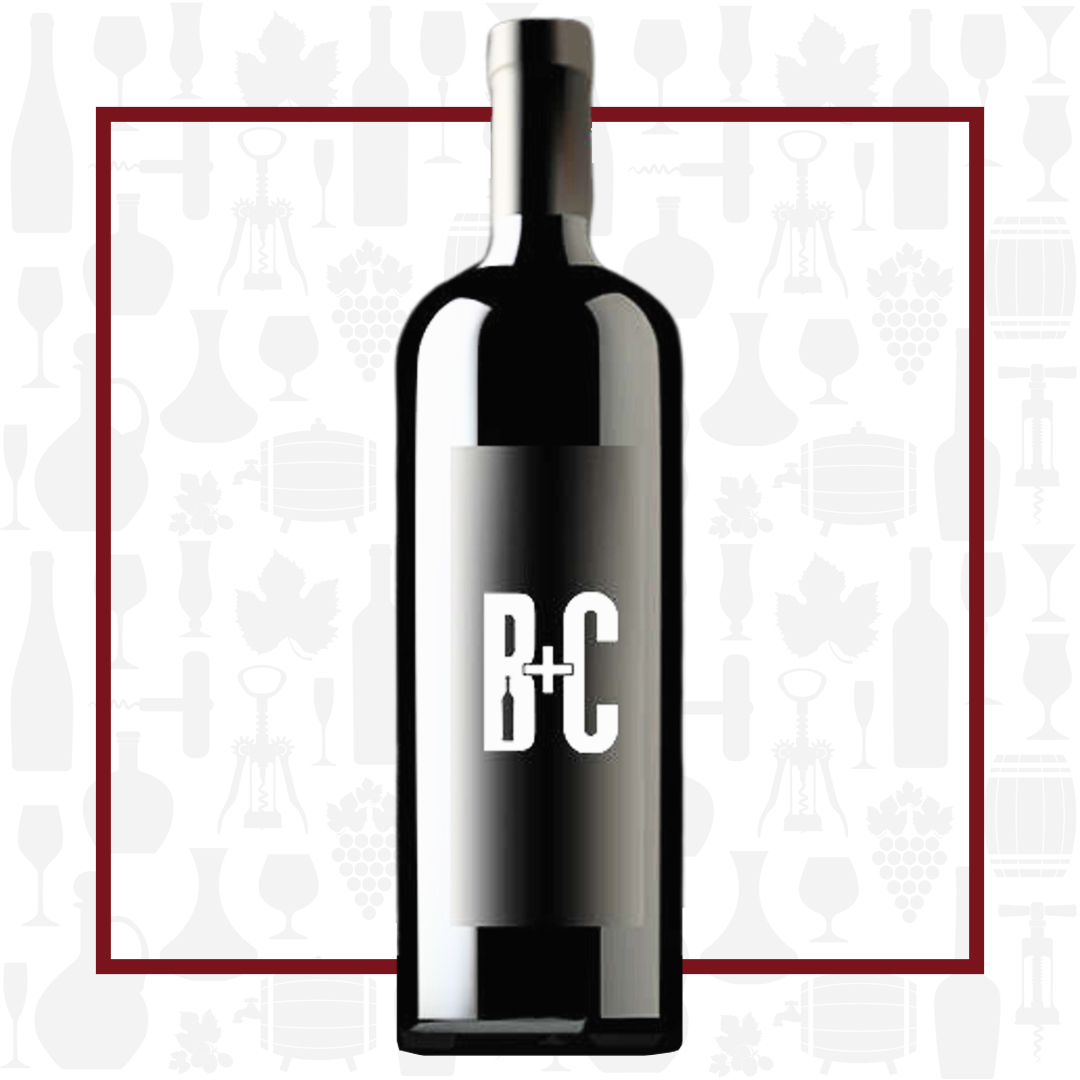Cellar Profile
Nestled in the Friuli hills, just 30 km from the sea and a short distance from Slovenia’s winegrowing regions, Ronco delle Betulle is in a historic and acclaimed region for wine production. The subzone of Rosazzo is part of the larger Colli Oriental del Friuli DOCG. The estate has been certified organic since 2019. The mother/son team of Ivana and Simone Adami believe in minimal intervention, both in the vineyard and the winery. They eschew chemicals and herbicides, use only estate fruit, avoid irrigation and machine harvesting, utilize spontaneous ferments and only use light filtration in a couple of their white wines, with the remainder of their production bottled unfined and unfiltered. Though Colli Orientali is known more for its aromatic white wines, the Rosazzo subzone is also a great place to produce structured reds, particularly from the indigenous varieties, Pignolo and Refosco. The vineyards sit in the curious “Ponca” soil that exists only in this region. It is rich in mineral salts that carry through into the wines, offering a balancing salinity to the opulent fruit.
Region
Ronco delle Betulle nestles in the hilly eastern part of Friuli in a sub zone called Rosazzo, an estate of approximately 17 hectares, of which 10 are under vine. The hills of Rosazzo benefit from a special microclimate set by several geographical factors: its closeness to the sea, its altitude and the presence of elevated parts. The nearby sea (which is approximately 30 km away) and the vicinity of the hills of Salta Caterina mitigate the climate; it is more breezy,more sunny and less rainy here than in surrounding areas.
Vineyard
Cabernet Franc is fairly late-ripening, requiring long hang times and relatively warm and dry growing seasons to allow its inherently tough and potentially green tannins to ripen completely. The vines are planted 55/60 quintals per hectare using cordon and unilateral guyot trellising. Ronco delle Betulle benefits from mixed soil made of marl, calcareous clay, sandstone and calcified sand. This soil, referred to as “Ponca”, originated approximately 50 million years ago. It is rich in mineral salts and other nutrients that yield high quality grapes, and hence fine wines.
Winemaking
The grapes are hand-harvested, destemmed and then macerated for 15 days in temperature-controlled vats with the use of ambient yeasts. Pressed into barrel for 12 to 18 months of aging, before being bottled unfined and unfiltered.
Varieties
Originally from Bordeaux, Cabernet Franc is actually the parent of the much better known Cabernet Sauvignon (a crossing of Cab Franc and Sauvignon Blanc). By controlling yields in the vineyard, the wine becomes elegant and spicy, with true potential for aging. Cabernet Franc is fairly late-ripening, requiring long hang times and a relatively warm and dry growing season to allow its inherently tough and potentially green tannins to ripen completely. The Friulian Hills offer the perfect balance of long, hot days, cool nights, moderate rainfall and well-drained soils to fully optimize the varietals aromatic qualities and balance.
Tasting Notes
Vividly aromatic, with a clean petrichor and leafy edge. Savory herbs and an attractive chalky minerality mingle with notes of black currant and fresh raspberries.

